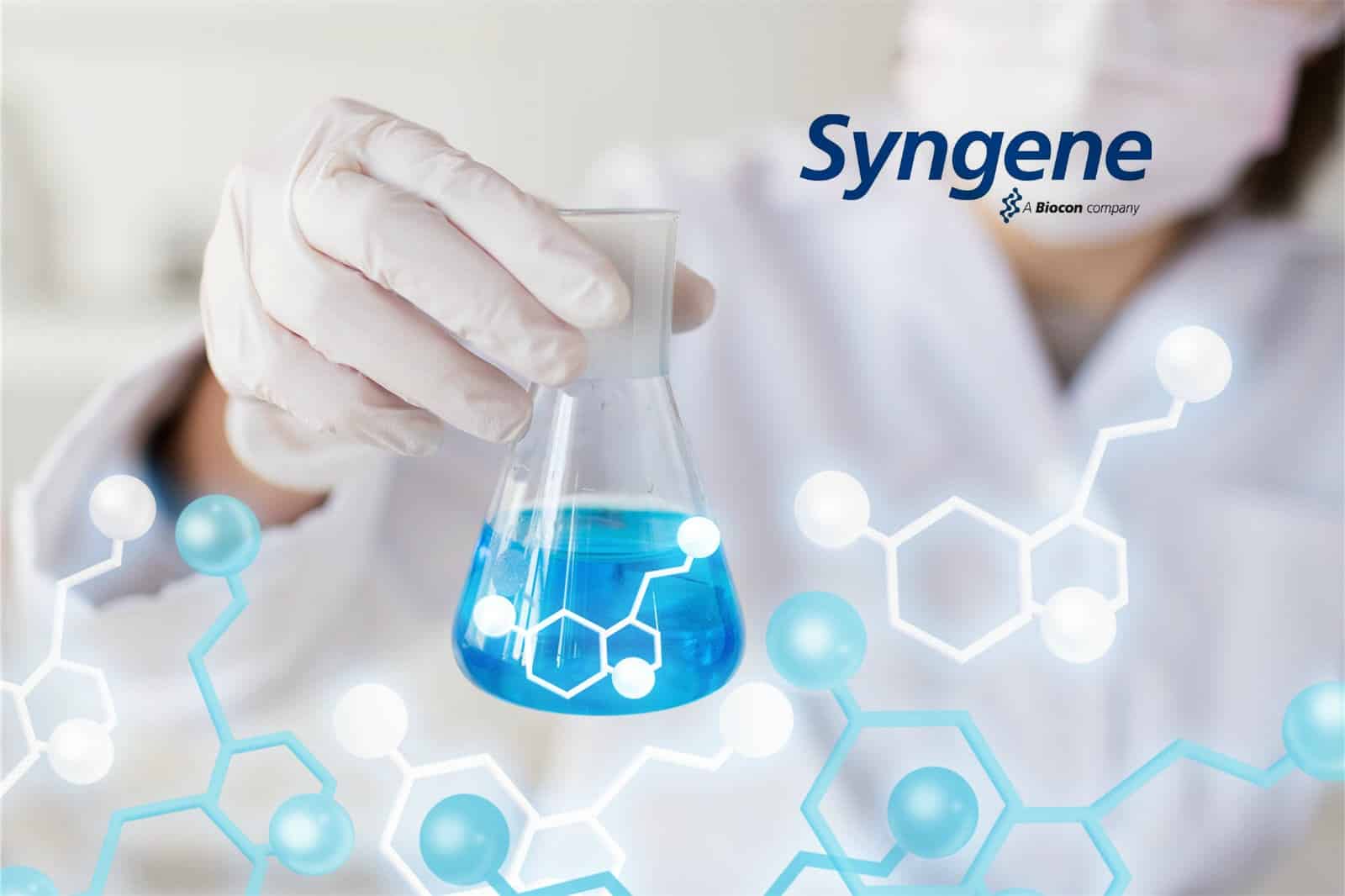Job Title: Quality Control Analytical Scientist, GC
Company: DSM-Firmenich
Location: Mumbai
Job Description:
This is a unique kind of global technical support role. You will assure that the products are of consistent quality by interpreting the GC/GCMS data and releasing them in the system.
Roles & Responsibilities of Quality Control Analytical Scientist, GC at DSM-Firmenich:
• Interpret GC/GC-MS data.
• Release the product in system on timely manner with high level of accuracy.
• Prepare and review analytical reports using in-house reporting tools and databases.
• Document work make recommendations and communicate effectively with manager, co-workers, and (internal) customers.
• Coordinate and provide technical support whenever required (e.g., instrument troubleshooting) as an expert analytical chemist.
• Manage, maintain various documentation related to work.
Qualifications:
• MSc. (+ 3 years’ experience), or BSc (+ 5 years’ experience) in analytical chemistry or related areas
• Handling of Gas chromatography and Mass spectrometry for analytical analysis in a commercial or research lab
• Knowledge of Instrument troubleshooting
• Basic knowledge of computers
• Desire to achieve results
• Open to work in shifts
Here are Some Possible Interview Questions and Answers:
1. Can you explain the role of a Quality Control Analytical Scientist, GC in assuring consistent product quality at DSM-Firmenich?
Answer: The role of a Quality Control Analytical Scientist, GC at DSM-Firmenich is to ensure that the products meet consistent quality standards by interpreting data from Gas Chromatography (GC) and Gas Chromatography-Mass Spectrometry (GCMS) analyses. This involves analyzing samples, comparing results to established quality parameters, and releasing products into the system when they meet these criteria.
2. What experience do you have with GC and GCMS techniques, and how have you applied them in your previous roles?
Answer: In my previous roles, I have accumulated substantial experience with GC and GCMS techniques. I have conducted routine analysis of samples, optimized analytical methods for specific compounds, and maintained and calibrated analytical instruments. This experience has allowed me to identify and resolve issues quickly, ensuring data accuracy and product quality.
3. Can you describe your approach to data interpretation and how you ensure accurate results in GC/GCMS analysis?
Answer :Data interpretation in GC and GCMS analysis involves thorough understanding of chromatograms and mass spectra. My approach is to first establish baseline parameters and expected results for each compound of interest. I carefully review chromatograms and mass spectra to identify peaks and patterns, comparing them to established standards. I also perform system suitability tests to ensure instrument performance and data quality. Regular instrument maintenance and calibration are essential to ensure accuracy.
4. How do you handle situations when GC/GCMS data does not meet the established quality standards for a product?
Answer: When GC/GCMS data falls outside established quality standards, I follow a systematic approach. First, I review the entire analytical process to check for potential sources of error, such as sample preparation, instrument calibration, or data acquisition. If no technical issues are identified, I work closely with the team to investigate the root cause. This may involve re-analysis, sample retesting, or adjustments to the analytical method. The goal is to identify and rectify any issues promptly to ensure product quality.
5. Can you provide an example of a challenging situation where you had to troubleshoot and resolve a quality-related issue in your previous role?
Answer: Certainly. In my previous role, we encountered a situation where the GCMS data for a critical product did not meet quality standards. After thorough investigation, we discovered that the issue was related to the instrument’s temperature control system, which was affecting the peak shapes and retention times. We promptly scheduled maintenance, recalibrated the instrument, and reanalyzed the samples. This resolved the issue, and we were able to release the product with confidence.
Editor’s Note: Subscribe to Rasayanika for the latest chemistry and Pharma job openings, follow us on Facebook and Telegram and subscribe to our youtube channel for the latest updates on chemistry and Pharma jobs and much more.

















































